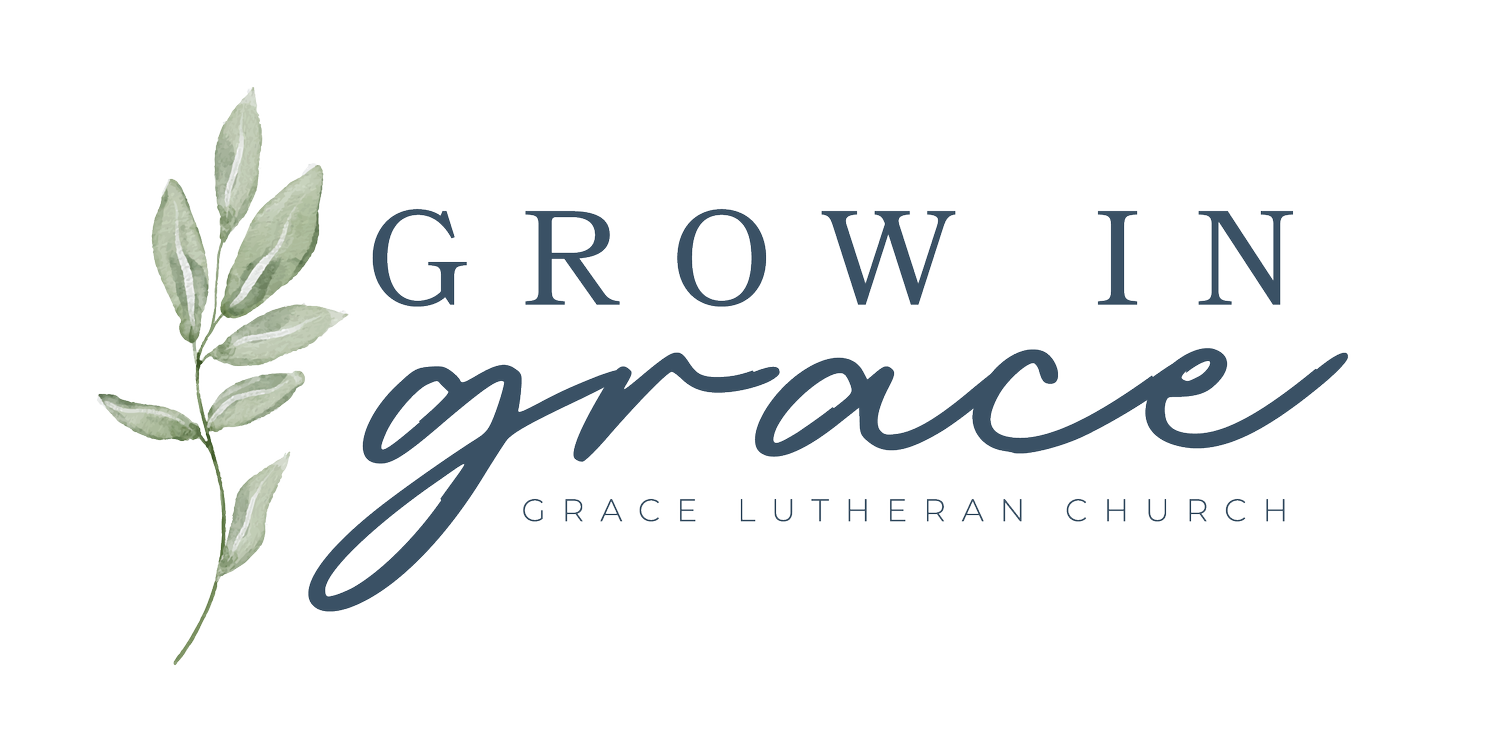Reading Scripture as a Spiritual Practice
Earlier this summer, we spent five weeks in worship on Wednesdays with Prayer and Practices, using Holden Evening Prayer, and reflecting on different aspects of the practice of reading Scripture. The series, both preparing for it and sharing it, was deeply meaningful for me. The Bible – and engaging with it as the word of God – is an important practice of discipleship as a follower of Jesus. We know we should read (and hear) Scripture regularly. But sometimes it’s really hard to know what to read and how to find time. Here’s a summary of each of the topics we explored during this series. Blessings in your practice of reading the Bible!
Sabbath-keeping
Sabbath is about taking time and making space to encounter God – in prayer, in play, in relationships, in nature, in activity – whatever nurtures our relationship and connection with God. Sabbath-keeping also gives rest and respite to our mind, body, spirit. Since the Bible is God's story for us, reading the Bible is part of attending to our relationship with God and to our own spiritual health and wellbeing, and is a way to encounter God in God's word.
Martin Luther viewed reading the Bible as a spiritual and Sabbath practice (Small Catechism explanation of the Third Commandment). But, it can be really hard to fit into our busy schedules; not only Sabbath, but also adding reading the Bible as one more item on our to-do lists. We explored options for daily Bible reading resources, including on the Grace website.
The Word of God
The Bible is one of the most influential books in all of human history. Lutherans believe that the Bible is the inspired and authoritative word of God, which reveals God to us and for us, particularly in Jesus Christ. “Lutherans share with other Christians this foundational understanding: The Bible is the Word of God, and through it God’s Spirit speaks to us to create and sustain Christian faith and fellowship for service in the world. The Bible shapes our lives individually and together as the church of Christ” (Lutheran Study Bible, 15).
The Word of God is the Bible AND Jesus Christ (John 1:1-14) AND the message of law and gospel proclaimed in worship. God’s word is a living document, inviting us – as God’s beloved people – into an ongoing conversation within a community of the faithful. As God’s message is proclaimed and the Bible is interpreted within communities of faith, the people of faith are continuing their conversation with God and learning God’s will for their lives as individuals and as a community. This conversation changes over time, even though the Bible continues to be at the center.
Law and Gospel
When we talk about the practice of reading Scripture as law and gospel, it is a distinctly Lutheran way of understanding or describing how we hear and receive God's word. Any passage of Scripture can affect us as either/both law and gospel. It can be very personal and individual.
We might receive a passage as LAW, when we hear or feel God’s demands or expectations; that which accuses, judges, convicts or condemns us; human action, the human condition, or sin in the world (systemic). We ask: How does this text lead us to know our own sin?
We might receive a passage as GOSPEL, when we hear or feel God’s gifts or promise of salvation which comforts, forgives, redeems, and saves; God's action for us (healing, reconciliation, esp. life out of death); God's grace, mercy, compassion, love. We ask: How does this text proclaim God's good news of forgiveness of our sin, grace towards us, promise to be with us, the gift of Jesus Christ for us?
Lectio Divina
Lectio Divina is devotional or sacred reading that is best done with others. In this practice, we begin with silence to prepare our hearts and come into God’s presence in prayer.
The four steps of lectio divina:
Step 1: Lectio (read) – Read and listen to the text for a word, phrase or image that catches your attention.
Step 2: Meditatio (meditate) – Ponder or reflect on the text to make meaning. Listen for an invitation from God
Step 3: Oratio (respond & pray) – Respond with prayer. Talk to God about what you have heard and/or how you feel.
Step 4: Contemplatio (contemplate) – Rest and wait in the presence of God. Allow the word to sink into your soul.
Finally, as a result of the encounter with God in Scripture, we are also called to transformation and Actio (action).
Storytelling in Community
The Bible is a collection of many different stories that unfold and weave together to tell the story about God and God's people, as they understood God, the world around them, and their place in it. Biblical storytelling today is the practice of using dramatic elements – collaboration, action/movement, vocal inflection, and even improvisation – to embody these stories in a way that helps us to visualize, experience, take into our own bodies, and remember. Good storytellers help us to see the story as they share it. The best storytellers bring us into the story, so we can see ourselves in it.
Even though personal reading of the Bible is important, Lutherans hold that the Interpretation of Scripture is primarily a public act rather than a private one. (Opening the Book of Faith, 41-44) We gather in community – in worship, in Bible study – to hear and make sense of these stories, what they might mean for all people and then for us individually. And as we share from our lived experience, we gain a deeper, richer understanding of the human experience and God's presence for us. Community helps us understand how we might hear the Bible in our own lives today.
